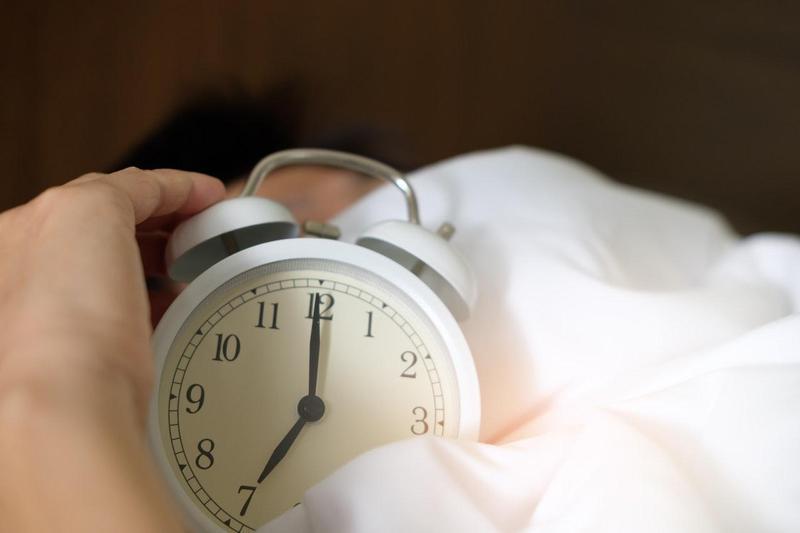The Basics of Better Sleep
The Basics of Better Sleep

A good night’s sleep is the foundation of health and wellness. A significant proportion of life advice starts with either “get a good night’s sleep” or “go to bed earlier so you can wake up earlier.” That’s easy for non-night-owls to say. Not everyone can be a morning person and some people are naturally light sleepers or even full insomniacs. “Sleep better” is not a helpful mandate if you don’t know how, so here’s some advice on how to sleep better, rise earlier and enjoy the benefits of good sleep, even if you’re not naturally a good sleeper.
Nutrition plays a surprisingly important role in getting a good night’s sleep. If you’re hungry, you might find yourself waking up in the night for a snack, but similarly if you’re stuffed full you might find yourself sleeping badly or unable to sleep at all. Certain nutritional deficiencies can also damage your sleep cycle so take supplements if you need them and look at Le-Vel Thrive reviews to see what else might work for you. Make sure to eat dinner early enough that you’re not still digesting when you fall asleep, as that can and will keep you awake.
Timing
Timing is key for a lot of health-related items. Not only do you want to make sure you’re eating early enough to avoid food-induced insomnia, but you want to make sure that you have enough time for at least one full sleep cycle. It’s worth noting that this might not be the widely recommended eight hours. Sleep cycles are not exactly one or two hours long and can vary from person to person and even from season to season. understanding your own sleeping patterns is a matter of monitoring, trial and error, but if you find yourself sleeping through your alarms, it’s probably because your alarm went off in the middle of a sleep cycle.
Mattress
Obviously, your mattress is a key component of a good night’s sleep. Different people have different mattress needs, based on their overall health, their personal preferences, and their sleep style. Are you a side sleeper or do you sleep on your back? Do you move around in your sleep and do you have a partner? What are their needs and how do your sleep habits affect them? All of this will contribute to your mattress choices and will affect the quality of your sleep.
Bedroom
Even the bedroom itself has an effect. Whole articles have been written just on color theory and how it affects sleep but there are even more considerations. Where does the sunlight hit at the time you’re waking up, and what about sounds from the street?You may think that you’re an insomniac, but it might just be that the room isn’t dark enough or quiet enough. Additionally, clutter in your room can keep you awake, or if you’re trying to sleep in a space where you also do a lot of working or socializing. This can create a subconscious association that makes it difficult to sleep.
Routine
At the core of a decent sleep cycle is that it has to be a cycle, a routine. It’s about going through the same motions over and over again, training your brain to know that it’s time to sleep now, time to wake up now, time to go back to sleep now. Build little habits based on what works for you, not on what experts say should work for everyone. For example, reducing screen time is supposed to help, but if you can only fall asleep while reading books on your phone, then by all means go for it!
You probably won’t ever be the kind of person who wakes up chipper as a daisy at the crack of dawn, but you can at least cobble together something that works better for you. With some thought and preparation, you can make sure that you’re getting all the sleep you need. With a little more care and attention you can make waking up just that little bit less difficult.
Be the first to post a message!